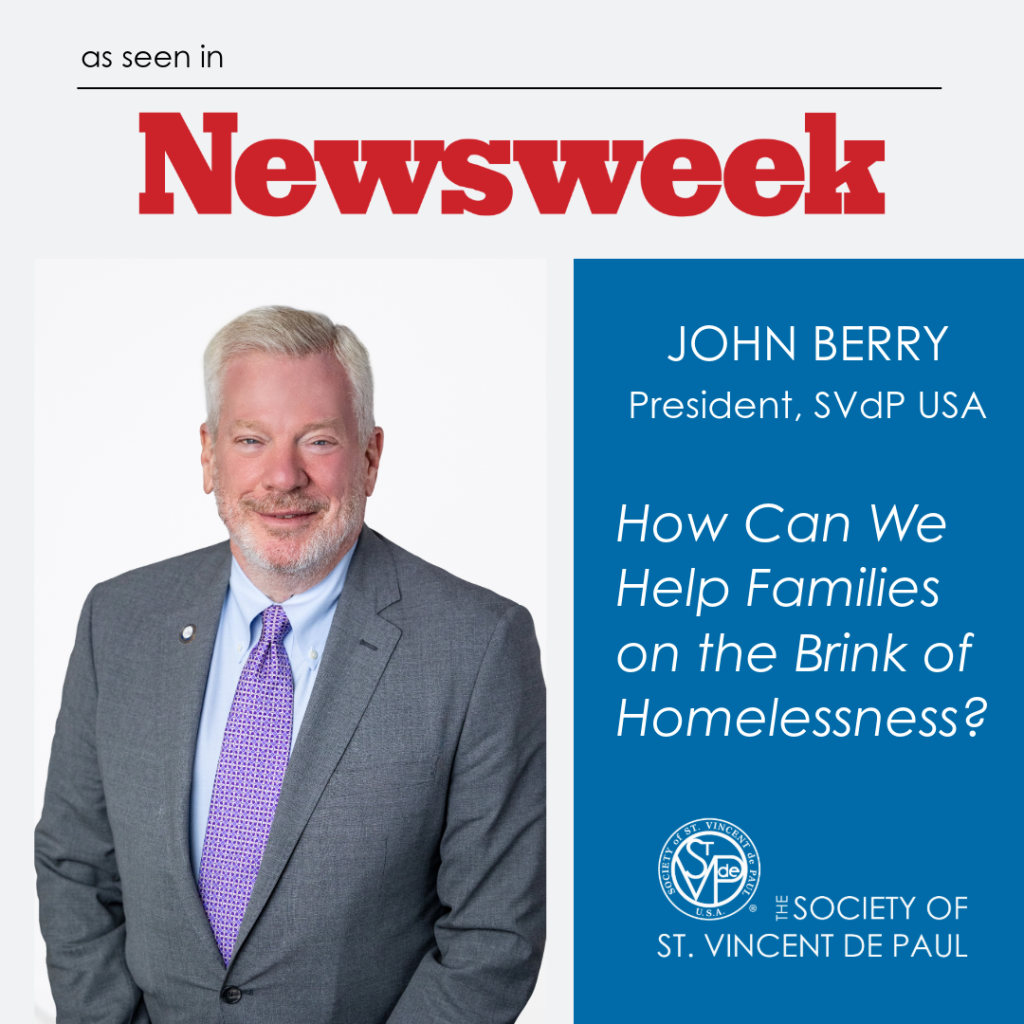The Moments That Make Us Who We Are
“Before I formed you in the womb I knew you, before you were born, I dedicated you.”
– Jeremiah 1: 5
Wow! God knew that I would travel a road that would lead me to a Vincentian vocation, devoted to serving in my Conference, Council, and region.
There have been many turning points in my life that have shaped me to be who I am today. Though I may not have acknowledged these turning points when they occurred (or even knew that I needed to make a change), I know that these moments were filled with meaning and transformation. These moments exposed my vulnerabilities, my strengths and weaknesses, and my spirituality.
The Directory for Catechesis tells us, “Formation is an ongoing process that, under the guidance of the Spirit and in the living womb of the Christian community, helps the baptized person take shape, unveiling our deepest identity as children of God in profound communion with others.” (DC 131)
Vincentian formation means being shaped through the Holy Spirit, for and by our Vincentian work, into useful vessels God needs for the poor. “As Vincentians, our vocation is one in which we are called to live as Christ lived; to model our lives on the life of Jesus and making our hearts freer for prayer and service.” (The Rule)
Reflecting on my journey to my Vincentian vocation and how my heart has been formed to serve our neighbors in need takes my back to the late 1950s and a grandmother, Julia Jander Fallwell, who shared a loving and unselfish heart to serve the poor of Palestine, Texas. So, let me set the stage of one impactful moment.
My grandmother was born in 1891 and a lifelong resident of Palestine. She was a faithful member of Sacred Heart Catholic Church. Her presence is still in this church with the two beautiful side altars that are in memory of the Jander family. Palestine was most known as a railway transportation hub, and the train station was four blocks from my grandmother’s home on the corner of Howard and Lacey.
One Thanksgiving in the late 1950s, our large family was gathered, enjoying a traditional turkey dinner. There was a knock on the back door. My grandmother answered, turned around, walked to the dinner table, grabbed one of her best china plates and loaded it with turkey and all the trimmings. She returned to the back doorstep and handed the plate to an itinerant worker traveling the country by train who had walked from the train station. It became obvious that it was widely known that travelers could come to this generous and caring woman’s home for a hot meal. This single event has always been with me, and I often look back and thank my grandmother for her example of kindness and selflessness.
It took many years to hear and respond to His calling. God has orchestrated my life for maximum benefit. He has put me in the right places at the right time. My formation brought me to a place and time where I share with our friends in need suffering in solidarity. I have always gone back to this Thanksgiving to remind myself what I am called to do. This was my transformative moment. And, so, it has continued through to the present time.
“We need markers of development to assure us that we are making progress and that we are indeed on the same path of faith our spiritual role-models walked.”
– Corella Roberts
My grandmother would be so happy to know that Sacred Heart Catholic Church now has a St. Vincent de Paul Conference, founded in 2008 and aggregated in 2011 to serve the Palestine community. I know if she were here, she would be an active member of this Conference.
65 years after this one life-changing event, poverty is still with us. As with all things, over time we need to consider how we can adapt to our changing world to better serve those in need and to continue the relevancy of the Society. We now have an opportunity over the next several months to listen to all Vincentian voices on ideas how we might adapt with the introduction of Vision SVDP. Consider it a family conversation around a Thanksgiving table.
Yours in Christ,
Susan Wiland

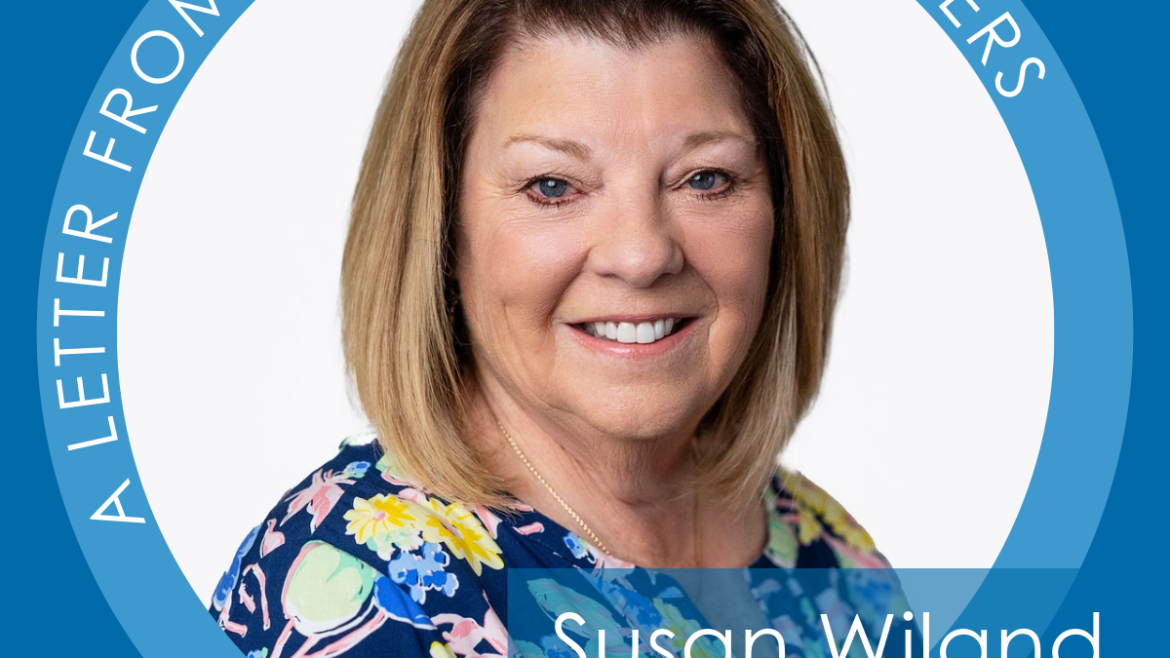
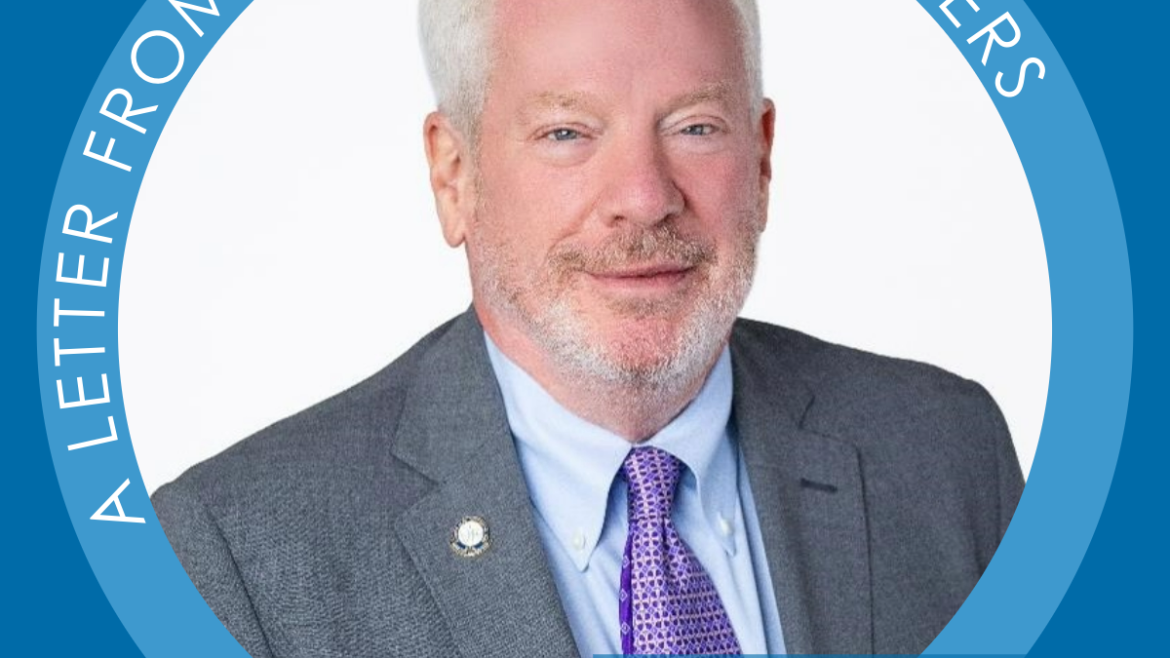
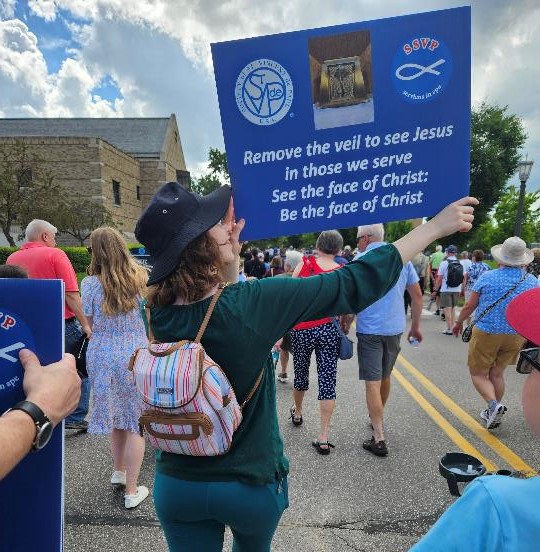
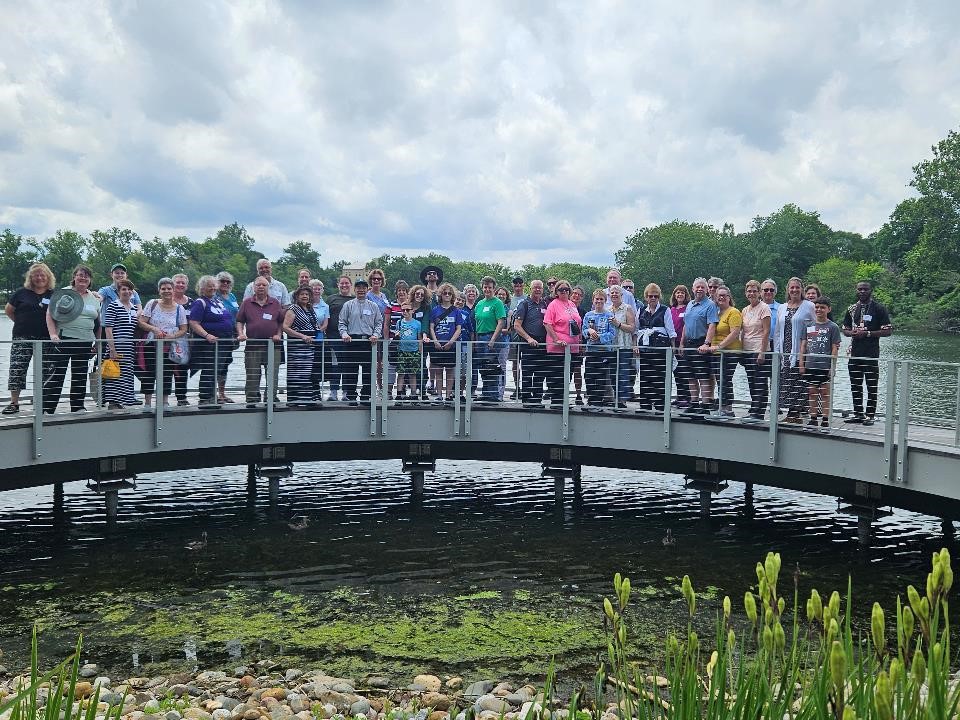
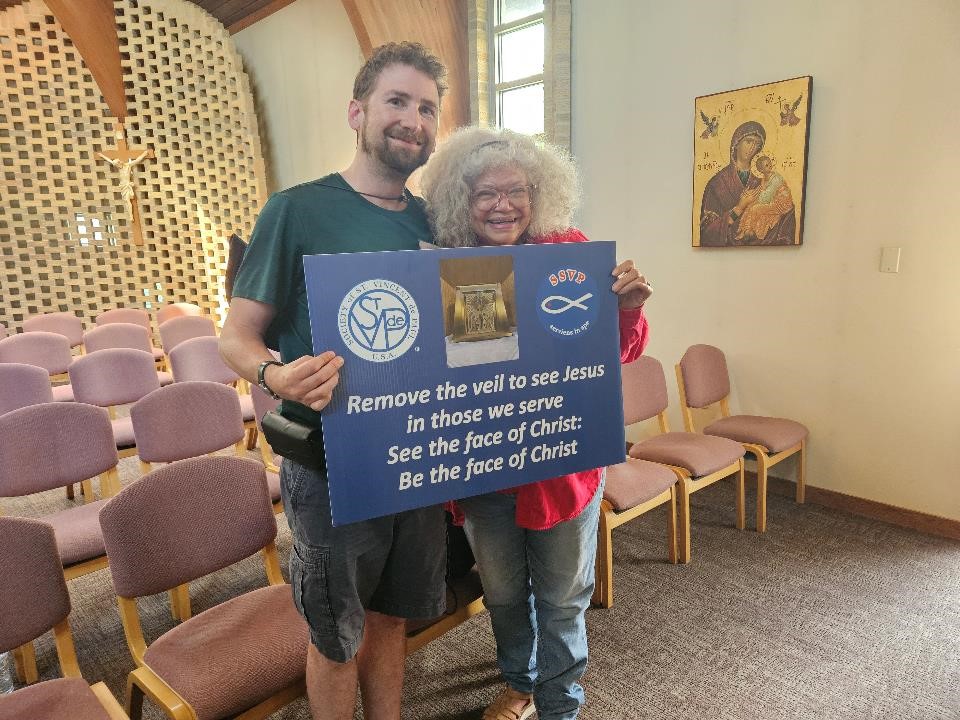

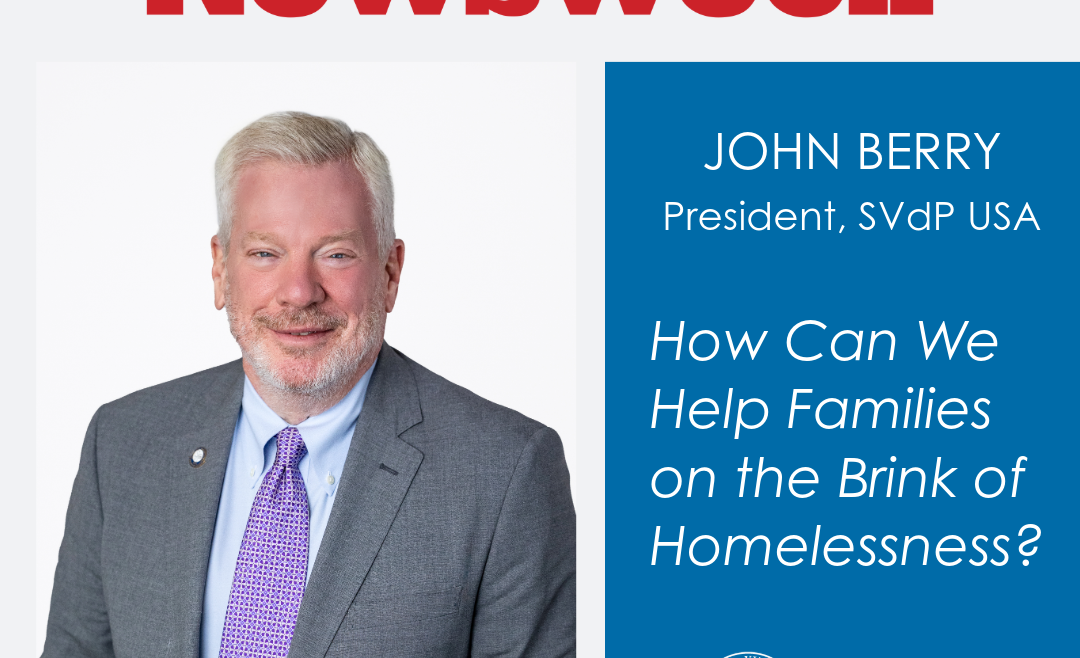
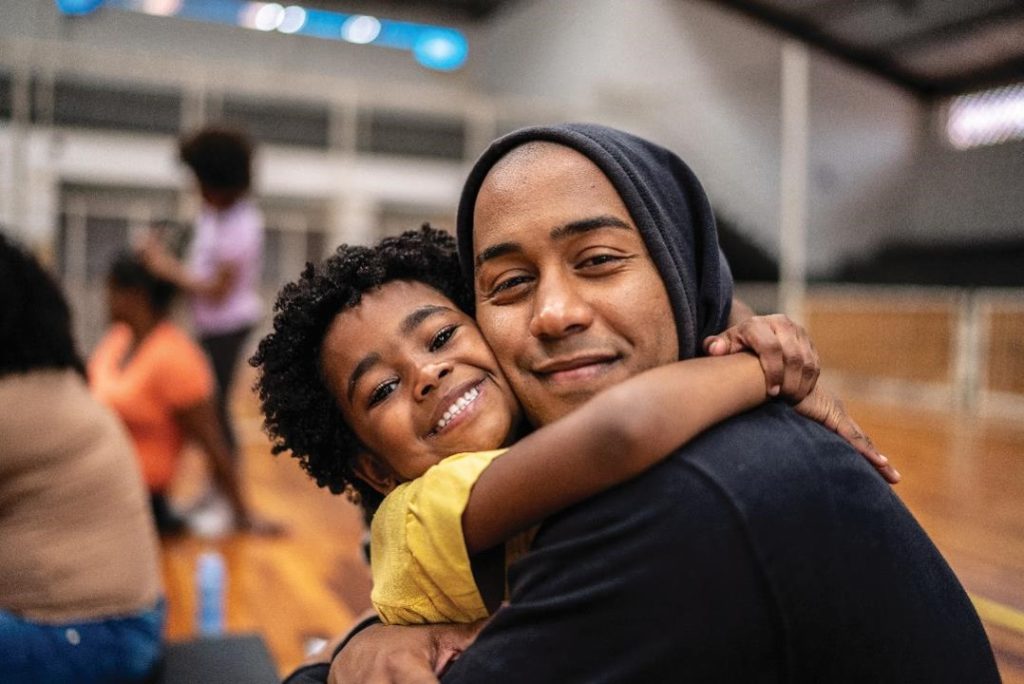 The Supreme Court’s ruling in City of Grants Pass, Oregon v. Johnson calls fresh attention to the nation’s homelessness crisis. In its decision, released last week, the Court ruled that local ordinances with civil and criminal penalties for camping homeless on public land do not violate the Eighth Amendment’s protections from cruel and unusual punishment.
The Supreme Court’s ruling in City of Grants Pass, Oregon v. Johnson calls fresh attention to the nation’s homelessness crisis. In its decision, released last week, the Court ruled that local ordinances with civil and criminal penalties for camping homeless on public land do not violate the Eighth Amendment’s protections from cruel and unusual punishment.